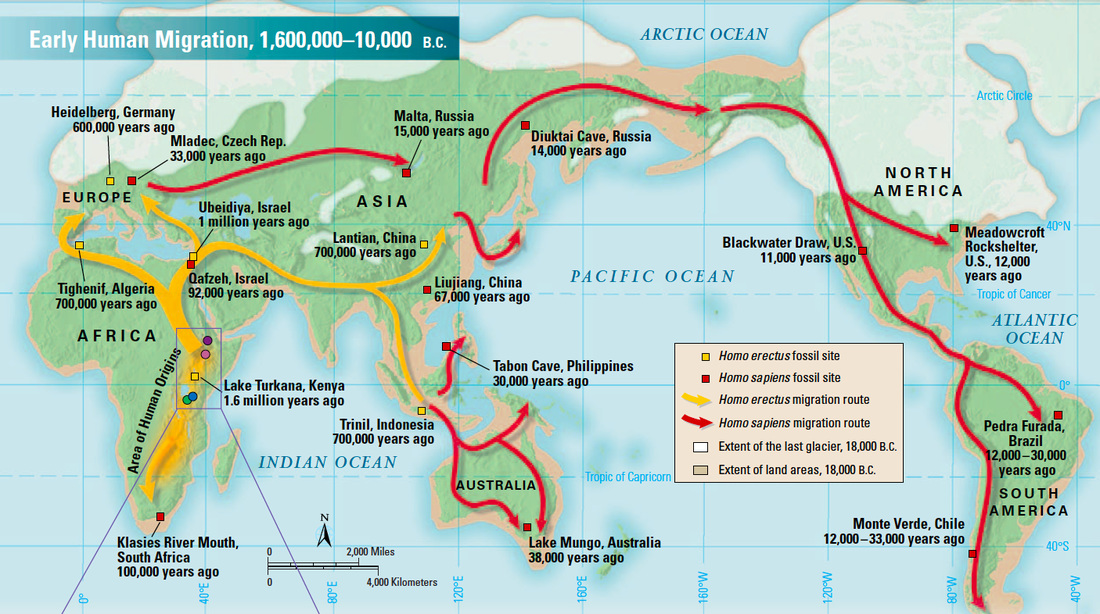Whenever I am in Heilongjiang I am nevertheless struck over and over again by the difference in physical features between Southern and Northern Chinese, and I am disappointed that there is not more consciousness about one’s own ancestry. It will take probably another two or three generations until all the Han-ified people of the Chinese subcontinent realize that they are not one but a very heterogeneous bunch of people. I believe it was the 2000 US census which saw first time in the history of the census a rising amount of US citizens deliberately identifying themselves as native Americans; quite often even though they are only to a small fraction. I hope that such an understanding of self does also find its way into Chinese nationalist psyche.
How? Last Christmas I bought for my wife, my step brother and myself a Genographic ancestry kit and we received the results not too long ago. We all were pretty impressed. The Asian data though seems to be still quite superficial, because most test subjects are from the Western hemisphere. Whereas Europe is broken down into quite a substantial amount of genetic groups, Asia consists just of two or three. I guess that will still take some time for Dr. Wells and his team to figure out the details. Some more samples from China and other Asian nations would certainly help.
It is nevertheless already a scientific fact in migration history that native Americans are descendants from Central and North Asians only, implying that there is a distinct difference between North and South Asians. For somebody who thinks in a longitudinal view, the Rice Theory of Culture, seems to be an obvious truth. I listened on July 9th to a talk by Thomas Talhelm at the Royal Asian Society in Shanghai and I was surprised that nobody came up with that thought before him, showing how clotted our minds are to the most fundamental insights about ourselves. I do also fully agree with his findings, I just think that having this longitudinal view, we also must take a look on the differences between North China and South China before the Neolithic revolution.
What I see here is a decisive genetic division: a hunch tells me that South Chinese are a mix between homo erectus and early homo sapiens, whereas North Chinese are the result of a more recent homo sapiens migration wave over central Asia straight to North Central and North East Asia, less or almost not in contact with homo erectus, who might have already been extinct by then.
China’s split in North and South can therefore be explained in two ways: by means of a Rice Theory of Culture since the Neolithic revolution and a Race Theory of Culture before the Neolithic revolution. In any case, the Han myth is doomed to fall.


 RSS Feed
RSS Feed